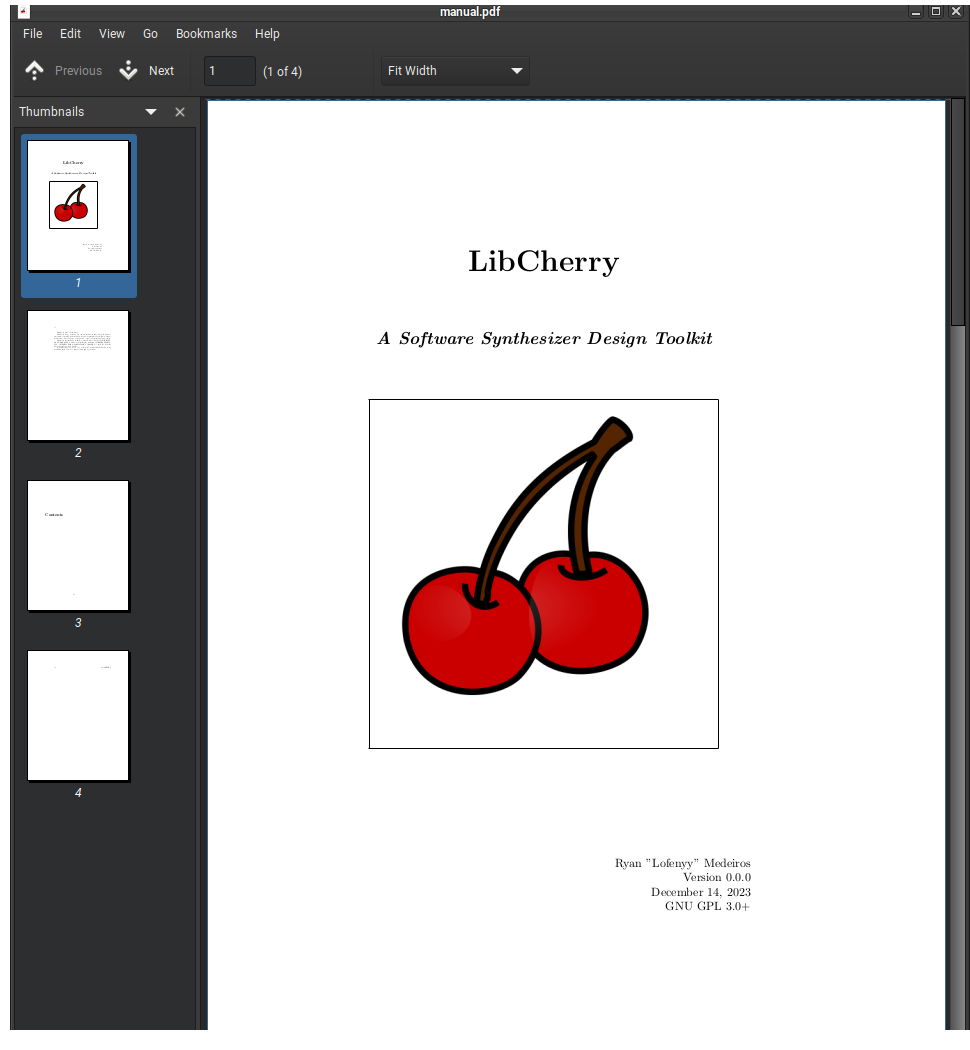this post was submitted on 14 Dec 2023
105 points (95.7% liked)
Technology
59128 readers
2188 users here now
This is a most excellent place for technology news and articles.
Our Rules
- Follow the lemmy.world rules.
- Only tech related content.
- Be excellent to each another!
- Mod approved content bots can post up to 10 articles per day.
- Threads asking for personal tech support may be deleted.
- Politics threads may be removed.
- No memes allowed as posts, OK to post as comments.
- Only approved bots from the list below, to ask if your bot can be added please contact us.
- Check for duplicates before posting, duplicates may be removed
Approved Bots
founded 1 year ago
MODERATORS
you are viewing a single comment's thread
view the rest of the comments
view the rest of the comments

Are you sticking to only softsynths / digital, or also going into analog?
I ask because I have previously struggled with explaining why plugins and dsp stuff works the way it does (why is "saving my settings" called a patch?) without going into a long winded history lesson.
Either way, super cool!
I think I know a fair bit about both the history of synths and how they work, so if you need someone try bounce ideas off of don't hesitate to write.
Thank you so much for the offer! I'll mostly stick to soft synths, but I don't mind going into the history a little bit to explain terminology and whatnot. There's a surprising amount of overlap between analog subtractive synths and software subtractive synths anyways.